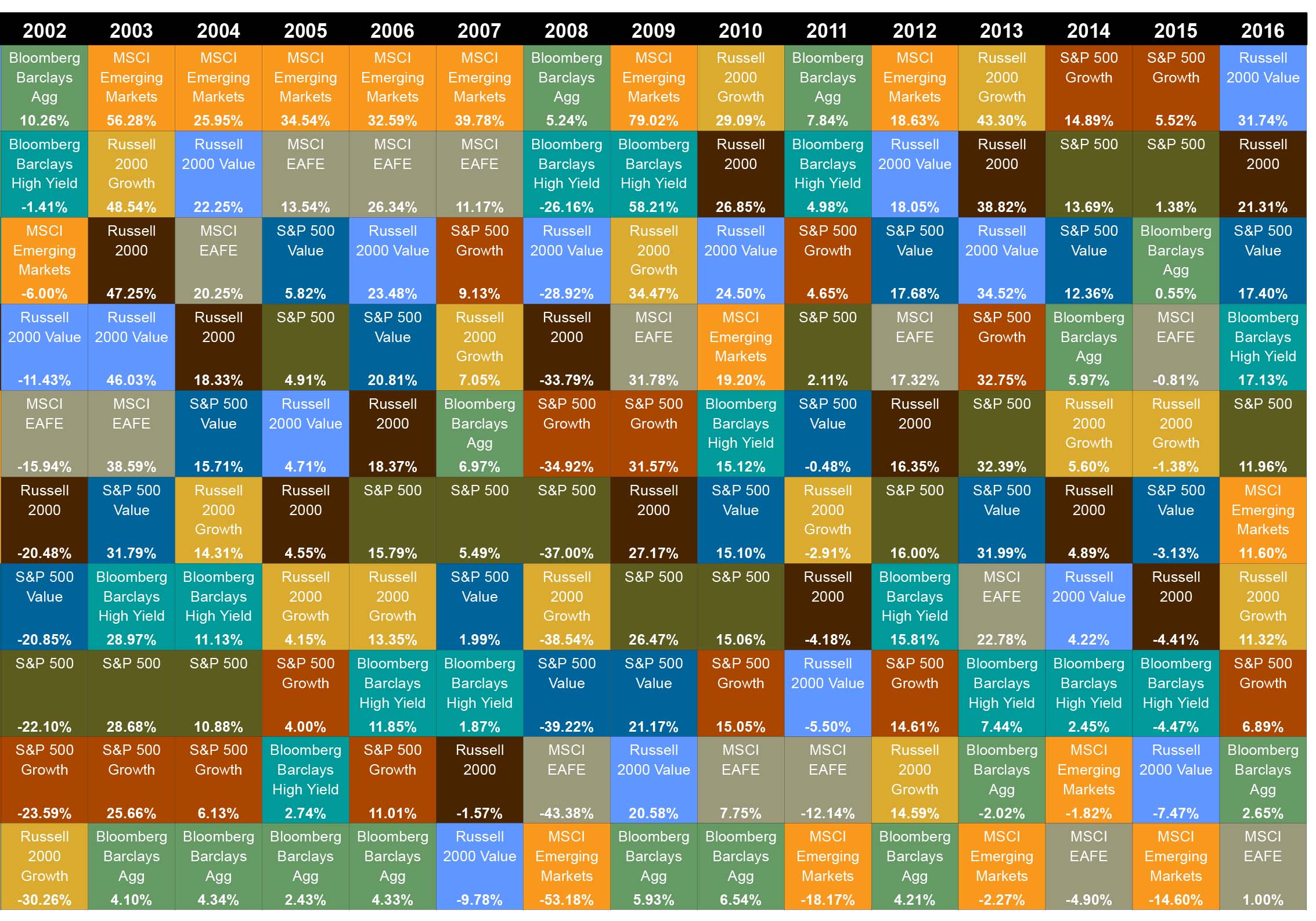"Many pre-retirees spend more time planning vacations than they do
preparing for retirement, resulting in a lack of financial readiness.
But planning is essential to avoid the worst, and Life Income Management
founder Melody Juge reviews 13 questions to ponder to move toward sound
retirement."
"What is your target retirement date?
• What are your monthly living expenses? Exactly.
• Do you have special interests and hobbies? If so, are there costs involved?
• What amount of money will you need to set aside to build your cash emergency fund?
• What is the amount of Social Security benefit you will be receiving? When will it start?
• What is the total amount of all your retirement savings?
• Where do you plan on living; are you staying in your home? Will you be downsizing?
• Do you currently have special health issues that need consideration?
• Do you plan on earning income during your early retirement years doing consulting or pursuing an income generating hobby?
• Do you know what required minimum distributions are?
• Do you have a will?
• Do you know the importance of having a Power of Attorney for medical and financial matters?
• Do you realize that your investment risk profile needs to be re-evaluated as a retiree?"
For any of the questions that can be answered with "yes" or "no," change the question to explain HOW you plan on earning extra money and what you have done to determine if your plan is realistic?
Instead of answering Y or N to whether you have a will... If yes, When is the last time you reviewed your will and estate plan? What changes do you need to make in your plan?
Instead of answering Y or N to required minimum distributions, write down what they are, when they will affect you (what age), and how you expect to be affected. If you don't know about RMDs, look up the term on the internet.
Read the full article at:
http://www.marketwatch.com/story/when-it-comes-to-retirement-a-dream-isnt-a-plan-2017-04-14

